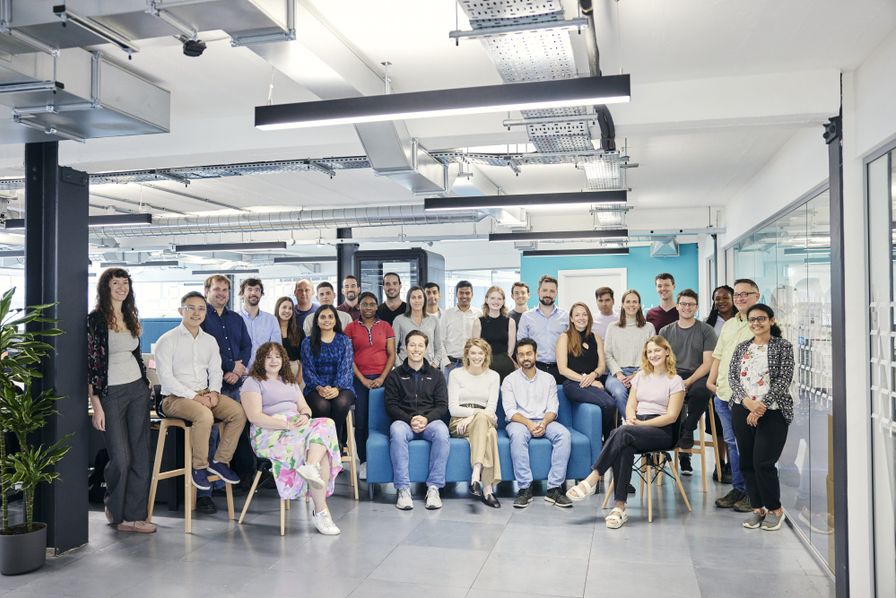Our Purpose and Mission
Our purpose is to build a sustainable future, powered by enzymes through transforming industrial chemical processes using cell-free biomanufacturing and enzymatic catalysis. FabricNano’s goal is to put a meaningful dent in global greenhouse gas emissions and the petrochemical industry’s market capitalization. Founded in late 2018, our team of 30 scientists and engineers are empowering users with the world’s most advanced, flexible and easily-scalable biocatalyst platform.
We are able to tackle a wide range of chemicals with our highly generalizable, drop-in technology. Our catalysts reduce the cost of biomanufacturing through Immobilization Engineering™ that vastly improves the efficiency of the cell-free biomanufacturing process by imparting long-term stability to enzymes.
What that all means is, while below is our own internal ESG policy, it’s also true that we can help you achieve your business’ own sustainability goals. The petrochemical industry is responsible for nearly 20% of industrial GHGs – that translates to 1.5 gigatonnes. Partner with us to drive that number down and save our planet and your bottom line.
The following are key material ESG issues that we will continue to monitor and update as we grow.





